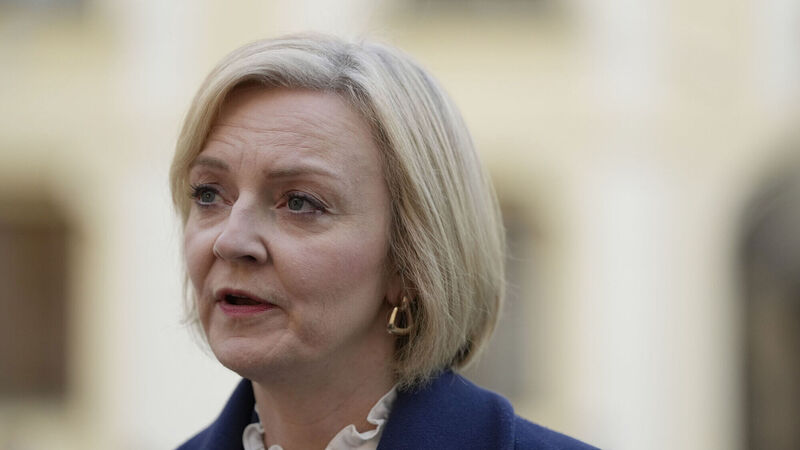British market sell-off gets reprieve on talk of Truss U-turn

The British government of Liz Truss has faced growing criticism and waning support in opinion polls over the tax measures.
Sterling surged the most in more than two years, buoyed by reports that British government officials are working on a U-turn of the sweeping tax cuts proposed by the country's prime minister Liz Truss.
Sterling climbed above $1.13 at one stage and the yields on British sovereign 30-year debt dropped on bets that fiscal changes would improve the country’s debt sustainability.











